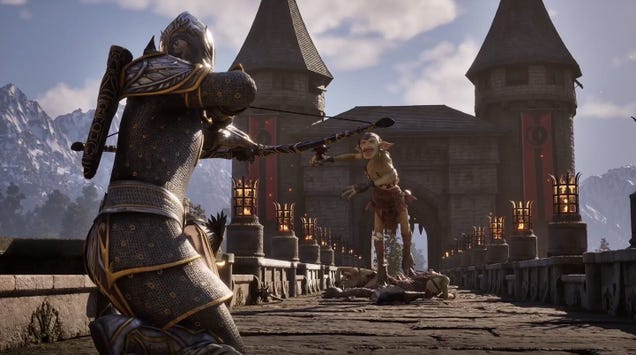Game Revival Fatigue: Why Endless Remasters Are Killing Creativity in the Gaming Industry

The gaming world is abuzz with exciting rumors and potential remasters that are sending fans into a frenzy of anticipation. Recent leaks have unveiled tantalizing screenshots of an imminent remaster for The Elder Scrolls IV: Oblivion, a beloved classic that has fans eagerly awaiting its return. But the excitement doesn't stop there—additional insider sources suggest that Bethesda is also quietly developing a remake of Fallout 3, promising to breathe new life into another iconic title.
These revelations come on the heels of The Last of Us Part II Remastered's recent PC release, sparking playful speculation about the potential for yet another remaster of The Last of Us Part I, potentially targeting the upcoming PS5 Pro.
While the industry seems focused on reimagining past glories, a more serious concern lurks beneath the surface: the gradual erosion of gaming history through complex copyright restrictions and digital preservation challenges. As publishers continue to repackage nostalgic experiences, many unique and groundbreaking games risk fading into obscurity, trapped in the murky legal swamps of intellectual property rights.
